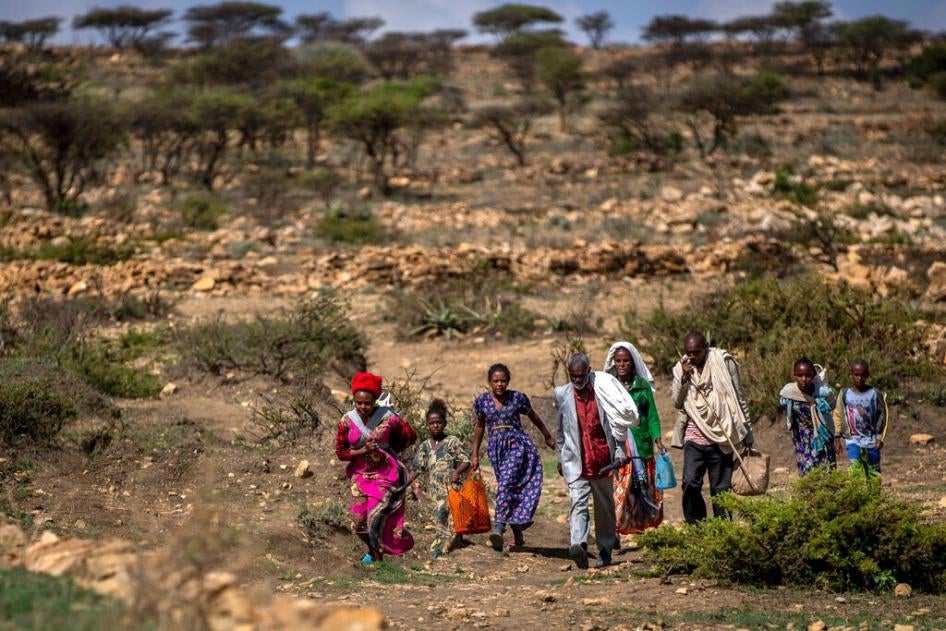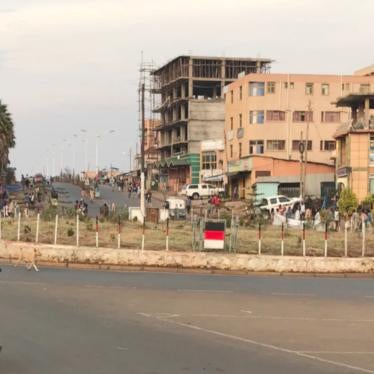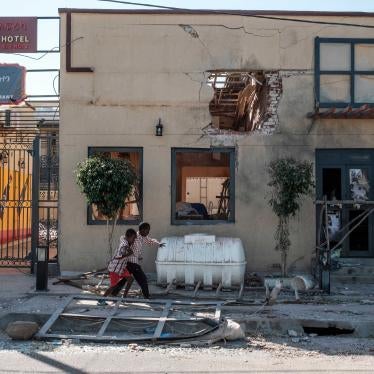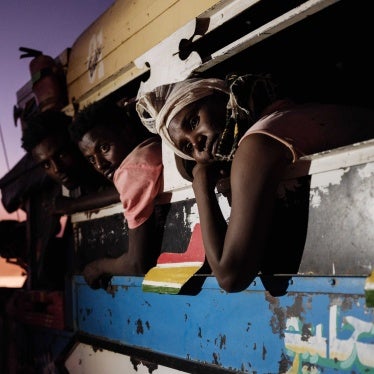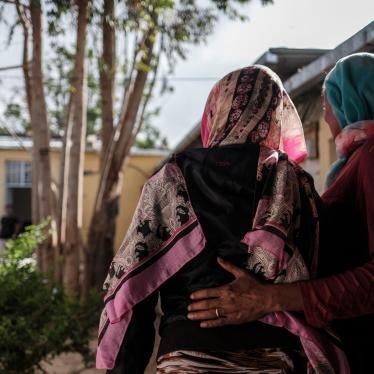G7 leaders meeting this week should galvanize an immediate global response to the humanitarian disaster unfolding in Ethiopia’s Tigray region.
Yesterday, the United Nations and other aid agencies warned that some 350,000 people are already experiencing famine-like conditions in Tigray. Millions of others there are at risk of famine too, unless assistance is promptly provided. The UN children’s agency, UNICEF, says that some 33,000 severely malnourished children “are at high risk of death.”
That the Ethiopian government disputes these findings only underscores the urgency of international involvement. G7 leaders should demand from Ethiopia and its allies the resumption of basic services, unimpeded aid delivery and access, and make clear that any official who blocks assistance faces immediate sanctions.
The millions facing famine in Tigray cannot be explained away as a by-product of the seven-month armed conflict. Human Rights Watch research shows that warring parties have directly contributed to this man-made disaster. Government restrictions on aid access to the region and to basic services in the early months of the fighting pushed many people over the edge. Ethiopian, Eritrean and Amhara forces have also looted property, burned crops, and attacked factories, hospitals, and other infrastructure key to people’s survival.
While humanitarian access in some areas has reportedly improved, warring parties are still denying aid workers’ movement, intimidating and attacking them, and confiscating supplies. Mark Lowcock, the UN under-secretary-general for humanitarian affairs and emergency relief coordinator, said that in May alone, Ethiopian, Eritrean, and Amhara forces were responsible for 130 out of 131 access violations.
Attacks on civilians, including large-scale massacres and executions of men and boys, arbitrary detentions, and numerous horrific acts of sexual violence against women and girls, are also impeding people’s ability to reach help.
Tigray has been here before. Human Rights Watch documented that Ethiopia’s military dictatorship under the Derg in the mid-1980s, plunged millions in Tigray and other areas into famine by destroying crops, bombing marketplaces, restricting movement, and deliberately targeting food distribution efforts.
While different eras and realities, the parallels in the warring parties’ tactics are chilling.
Iconic images of starving people from a BBC report during the 1984 famine justifiably sparked international outcry. They also became an image Ethiopia has long tried to escape. This time around, the alarm bells have been ringing for months. It’s an enduring shame that the African Union has largely remained silent, and Russian and Chinese objections mean the UN Security Council has been unable to hold a single public meeting on the crisis. G7 leaders should act now.

